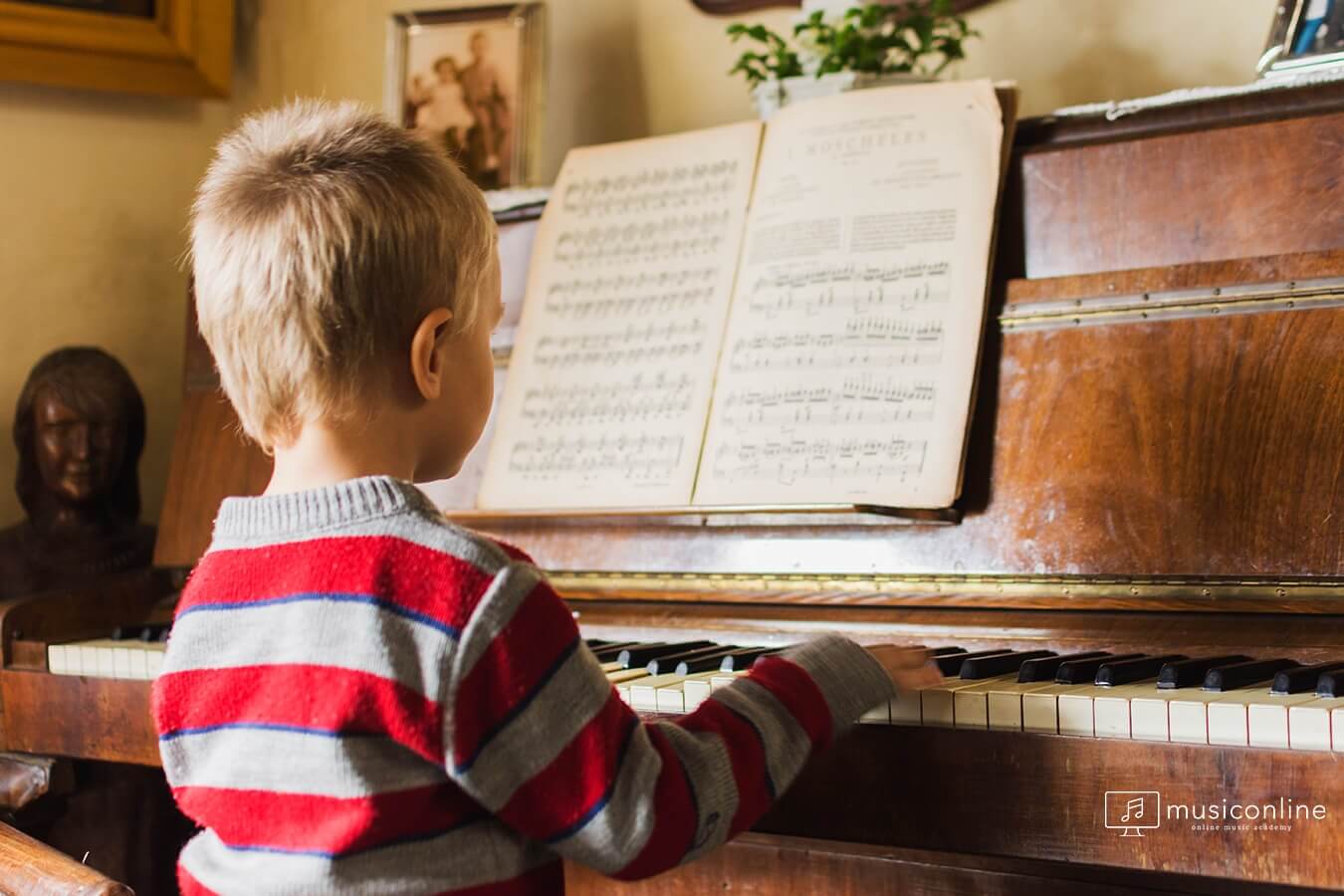musiconline blog
news about us & everything about music on our blog!
What is Absolute Pitch?
Doesn't it sound great to be able to understand music or a note as soon as you hear a bird's voice? Individuals with absolute ears are born with this ability. In this article, as musiconline, we share with you the answers to the questions such as what is absolute pitch(AP) or perfect pitch , what are the effects of our lives.
In other words, the absolute ear is an innate feature found in very few people. Individuals with this feature perceive sounds with the brain, not with the ear.
In fact, most of us have similar musical abilities. According to Elizabeth Hellmuth Margulis, director of the University of Arkansas Music Comprehension Laboratory, the absolute ear is found in one in 10,000 people, but the remaining 9,999 have similar characteristics to the absolute ear.
The person with the absolute ear can understand the detonation between them by looking at the harmony and intervals of the sounds. Even the problem of intonation (sound harmony) of solo instruments in symphonic works can make these people uncomfortable. For this reason, absolute ear may not be very advantageous for a listener.
Some neurological studies have shown that having an absolute ear can also interfere with listening to music and composing; because the absolute ear doesn't allow our relative ear to focus.
Musicians with an absolute ear are, in professional terms, advantageous. Let's take a look at a few famous names from these musicians, who are undoubtedly influenced by this feature in the works they produce.
In a 2009 recording of the song, Michael Jackson reported that he was uncomfortable doing 3 hours of warm-ups for a 5-minute song.
Florence Henderson received a college scholarship for her excellent singing ability and attended the American Academy of Dramatic Arts in New York City.
When Wolfgang Amadeus Mozart was only three years old, his sister Maria Anna, who was five years older than him, placed the harpsichord pieces in his memory and began to play them on her own.
Ludwig van Beethoven started taking intensive music lessons from the age of 5.
When Jimi Hendrix first started learning the guitar, he was able to find the right chords and tune his guitar, even though it was not a chord device.
As a result, even if the absolute ear has a great influence on the emergence of flawless and magnificent works, it is not an exceptional feature based on everyday life, contrary to what society thinks. Although it is quite cool to hear and sing the notes of the working sound of the refrigerator in a friendly environment, it can be a bit annoying when it comes to musical composition. A musician, like Mozart or Beethoven, can produce works that will leave a mark on history, even though they do not have an absolute ear. As Oliver Sacks points out, R.Wagner and R.Schumann didn't have the absolute ear either, but they again performed excellent works.
If you want to improve your musical ear or even produce your own work, you can use musiconline 's services and easily reach instructors just a click away.
If you like our article, do not forget to share and subscribe to our newsletter to be aware of our new blog posts.
Stay with music.


